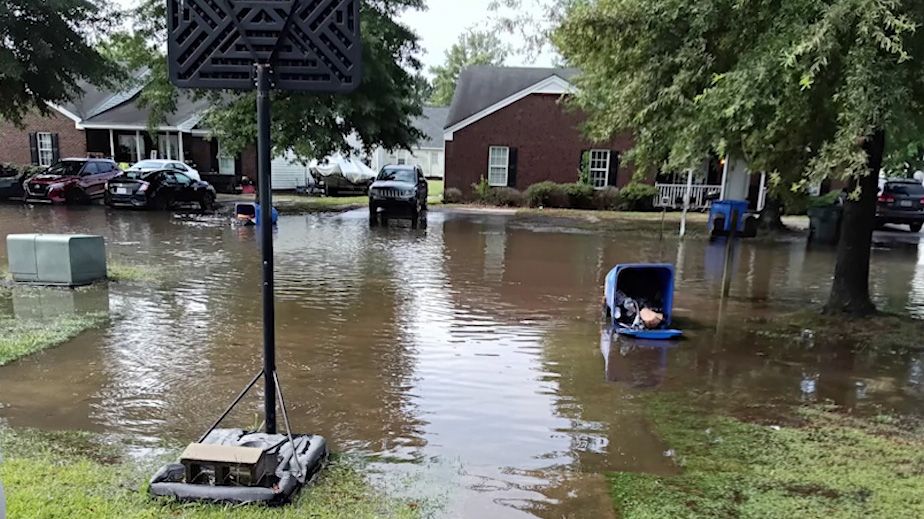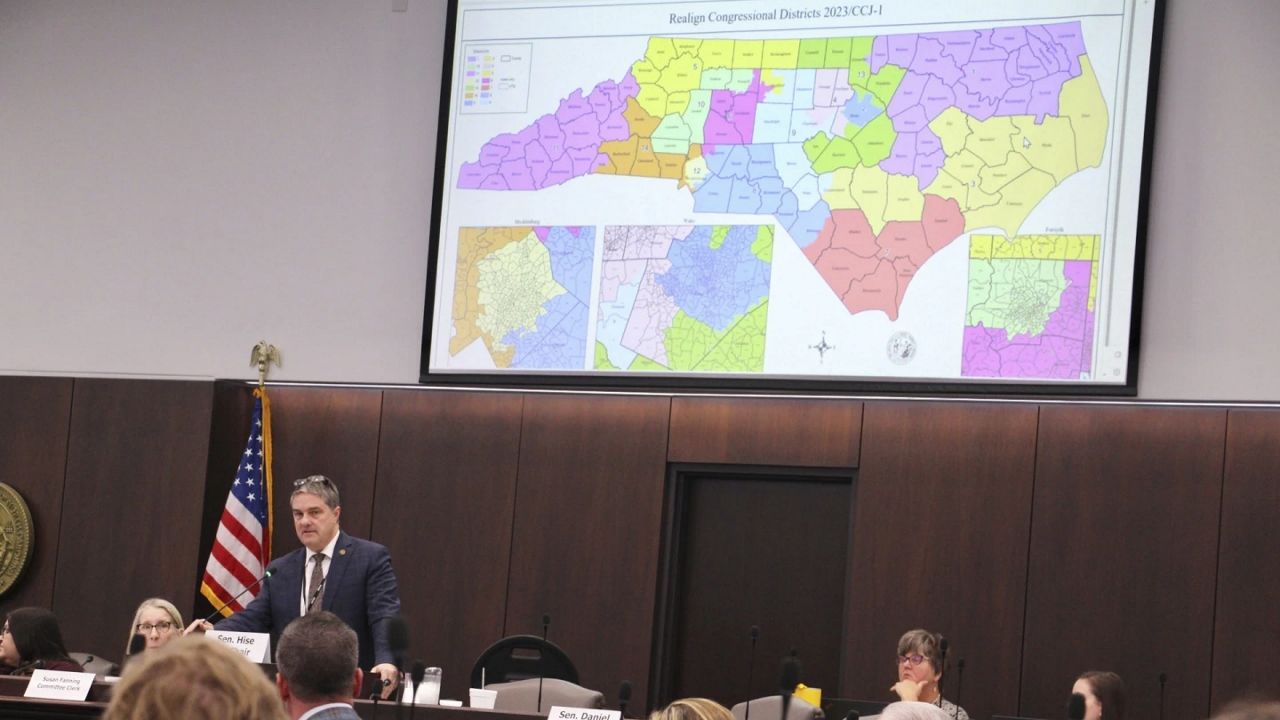RALEIGH, N.C. — As North Carolina families plan celebrations this holiday season, inflation, especially for the price of groceries, has pushed many to find ways to stretch their money.
Connor Kasten, associate finance professor at East Carolina University, has been paying close attention to rising costs and the impact that inflation has on North Carolina’s economy.
“Most economic projections from the Federal Reserve have inflation subsiding to that 2% target by 2026. A lot of other forecasts kind of have us breaking that 3% mark in 2024, so what that means is inflation is pretty sticky and there will be a slow descent to that 2% target unless there is a recession that could drive that lower,” Kasten said.
Kasten says inflation is changing the way people shop during the holidays.
“What we’re seeing is what we would really expect from consumers, so consumers are really focusing more on their regular day-to-day necessities, whereas items not really necessary for their day-to-day, they’re kind of foregoing those expenditures," he said. "What we’re seeing is that during the holiday season, consumers are focused more on gifts instead of décor and other things."
Kasten says the No. 1 mistake people make this time of year is not understanding what fits into their budget.
“Just because the 60-inch television is on sale for Black Friday doesn’t necessarily mean it fits into your budget, so really establish what those limits are and also be careful with taking on excess debt," he said.
Kasten recommends six money-saving tips during the holidays.
- Set limits
- Get creative with your gifts
- Buy necessities
- Create new holiday traditions
- Take advantage of credit card cash-back offers
- Shop early







)

